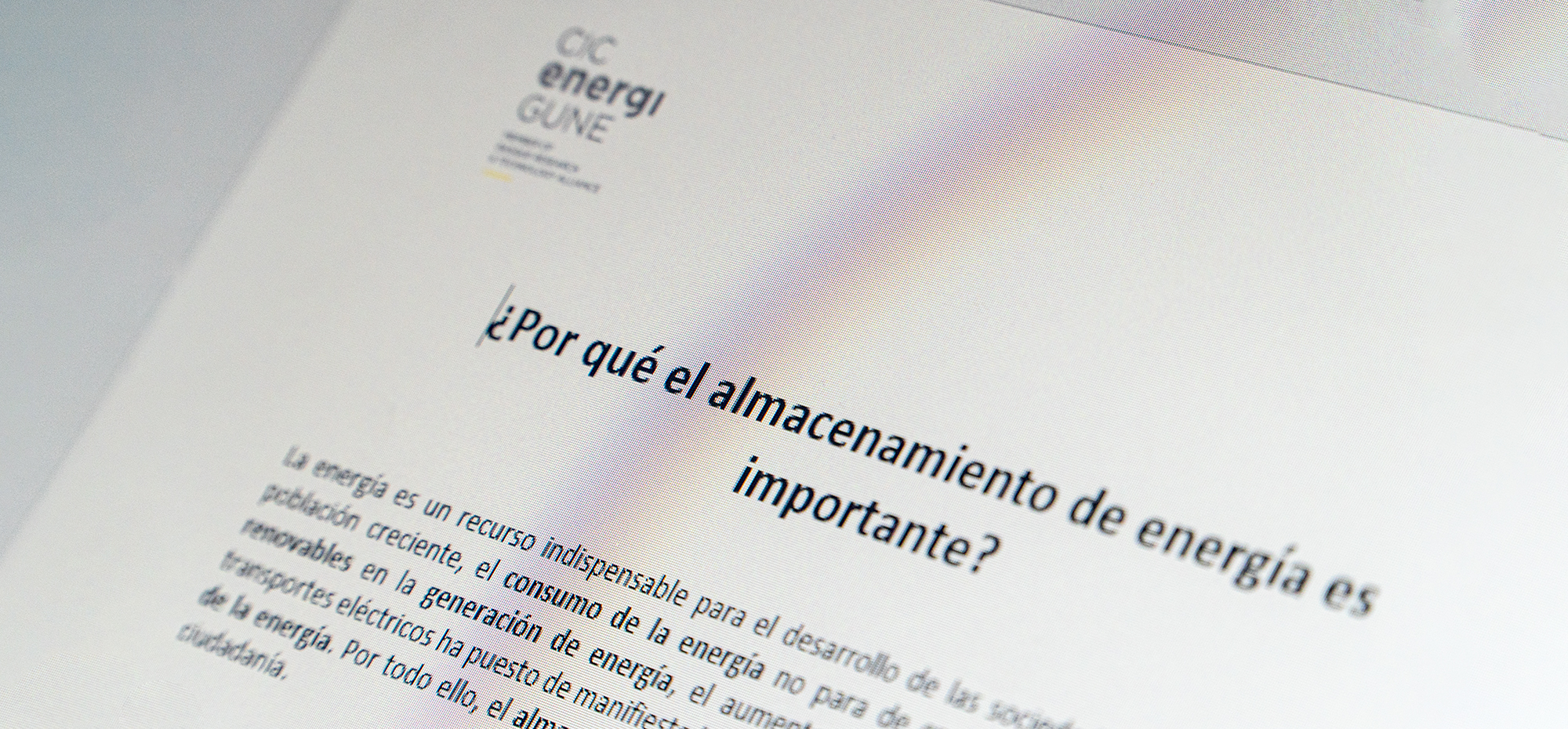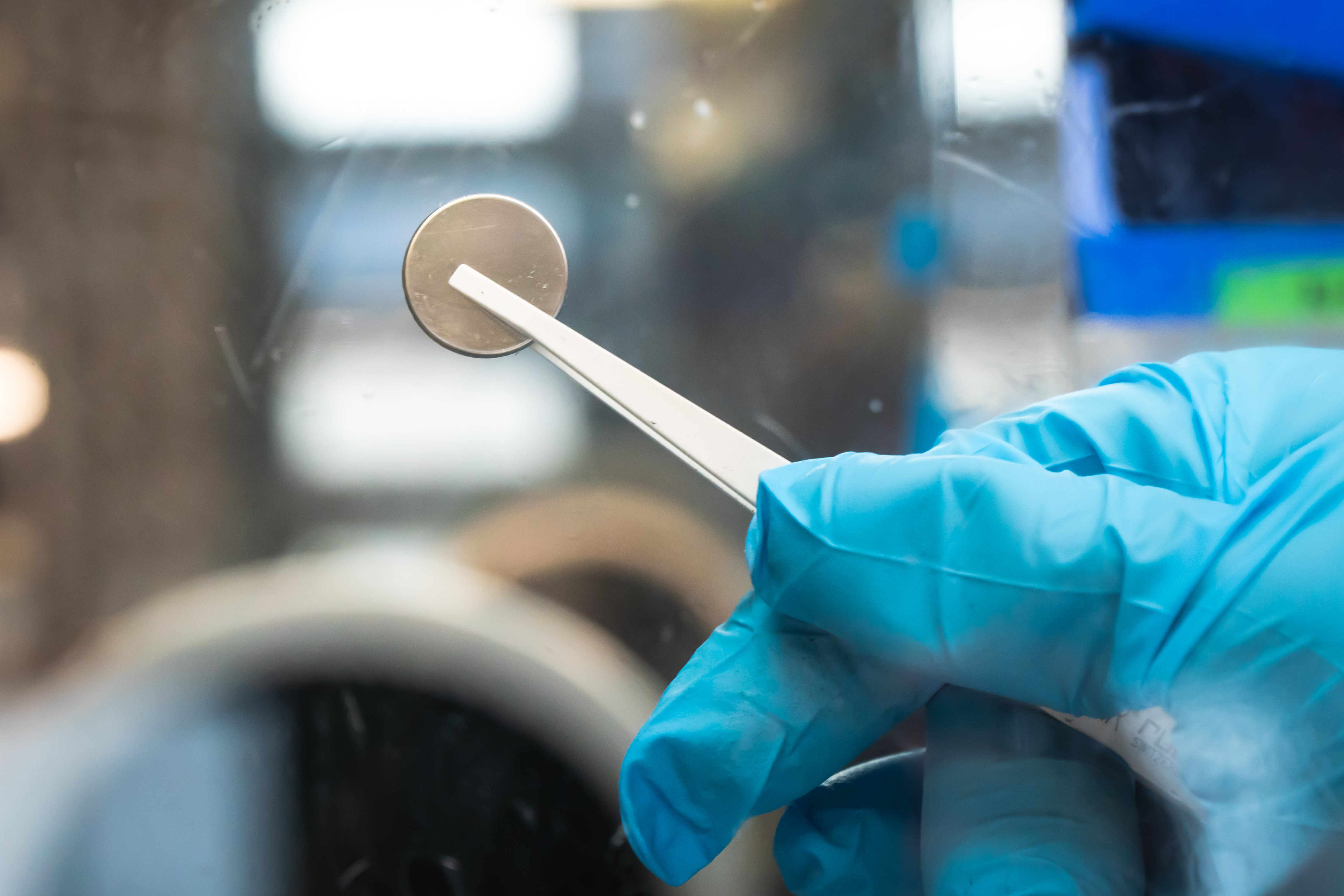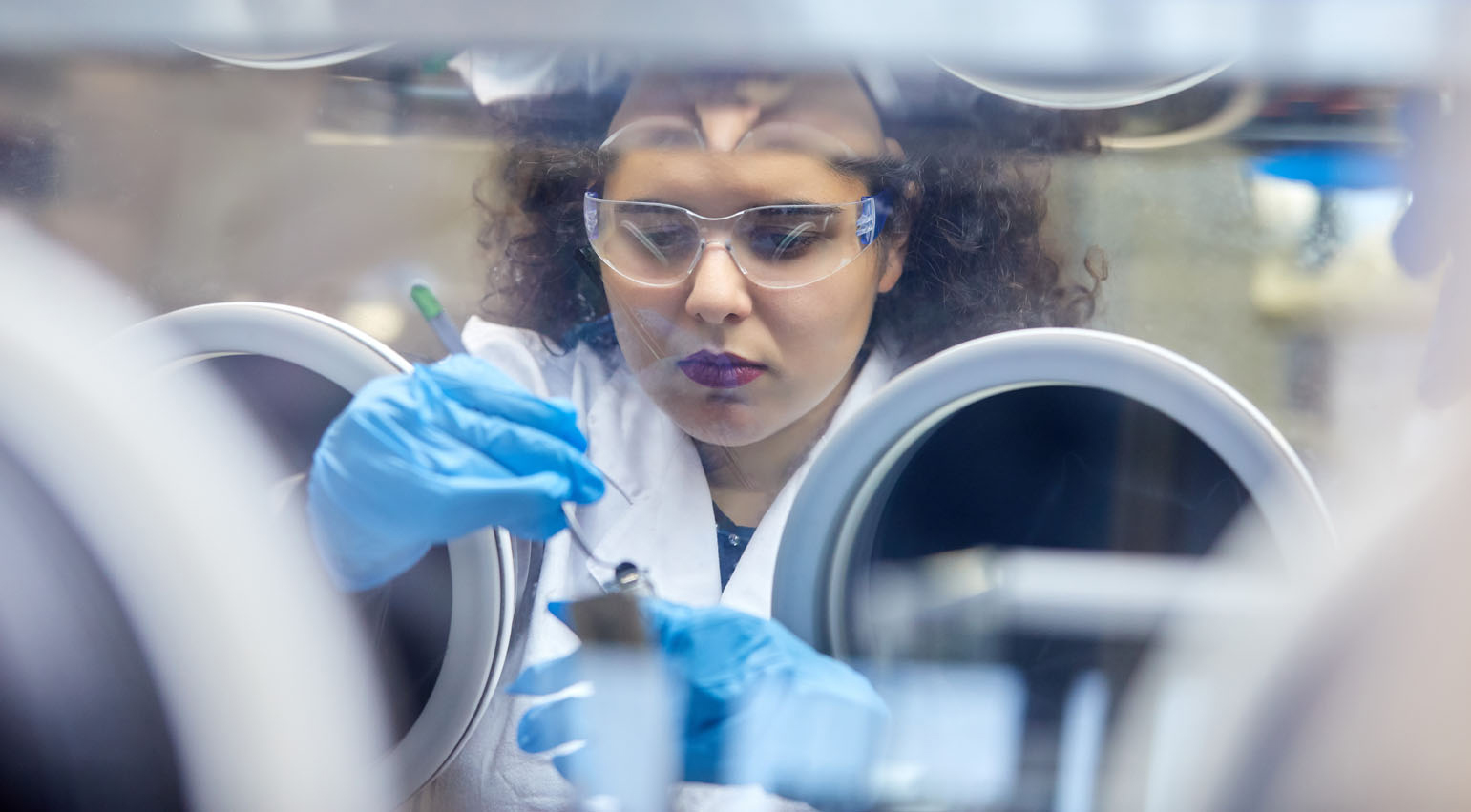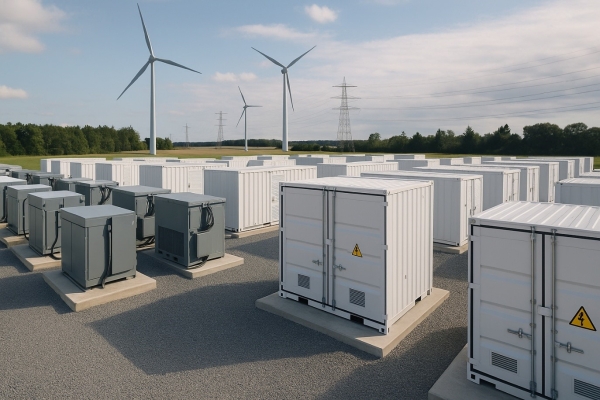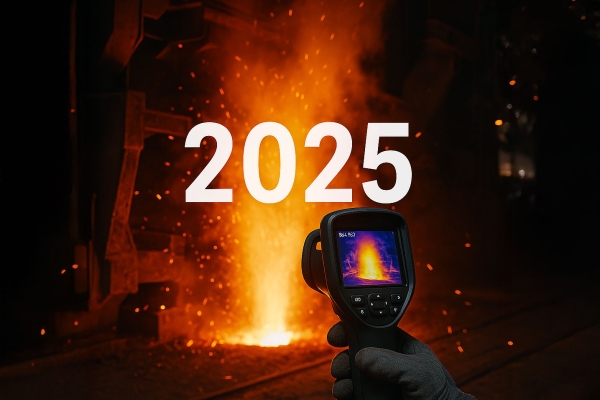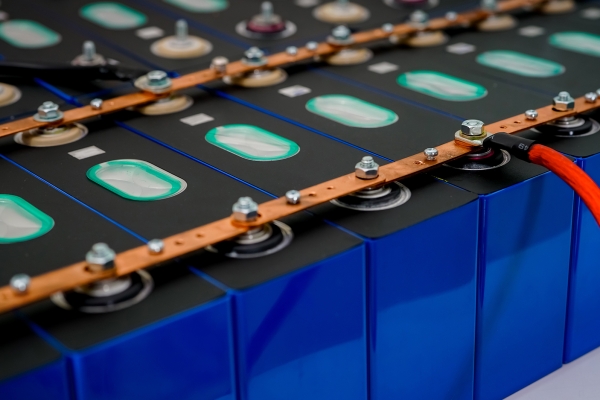Sodium-ion batteries and solid-state batteries
That is why at CIC energiGUNE, we are focusing our efforts on developing research related to sodium-ion batteries.
In fact, the abundance of sodium in nature (it is the sixth most abundant element which decreases its cost) and its similarity to lithium-ion chemistry makes it a strong candidate to displace the latter.
But if this type of battery is also combined with the advantages of a solid electrolyte, you get a safer battery (without the risks of a flammable liquid electrolyte) and a lower cost than lithium-ion batteries.
In terms of energy density, lithium batteries still outperform sodium-ion batteries (although CIC energiGUNE is already working on improving this issue), so solid-state lithium batteries are now considered the future of energy storage systems for the electric vehicle.
Thermal energy storage
Despite all the potential of electrochemical storage, we cannot talk about energy transition without emphasizing those who are the biggest energy consumers; that is, industry, with about 35% of total consumption.
Here is where thermal storage takes relevance.
In full swing, this sector allows not only to optimize the production of clean and sustainable energy in solar concentration plants (the area where SENER is the market leader), but also to take advantage of the residual heat in industrial processes.
This is why the European Commission has promoted numerous projects that aim to improve the efficiency of heat management in industries such as steel, glass and cement.
One of them is the European REslag project of the Horizon 2020 program, led by CIC energiGUNE. Thanks to this project, a prototype has been implemented with a thermal storage system that allows the recovery of residual heat from molten slag at the Arcelor Mittal steel plant in Sestao (Bizkaia).
But in addition, in order to be able to tackle the main problems resulting from poor thermal management of industrial processes (especially the reduction of technical performance and the useful life of products), CIC energiGUNE has created Thermlab; an advanced infrastructure in thermal analysis and testing that allows companies to improve the competitiveness of their products and services by implementing new innovative concepts of thermal management, in a safe and facilitating environment.
The future in the hands of research
Although it is clear that renewable energies are linked to a system of energy storage, there is still a broad scope for improvement to achieve the most appropriate system in each scenario.
For this same reason, research into different types of energy storage is so important, as it is the only way to achieve the desired total decarbonization and thus win the battle against the climate change crisis.

